When the bears go into hibernation, so do most of our summer living spaces. The problem is that winter can be hard on a cottage that sits empty or a trailer or mobile home that goes unused. However, with a few simple steps you can prepare these spaces for surviving the harsh weather until summer comes around again.
Published October 17, 2019, Updated December 6, 2020
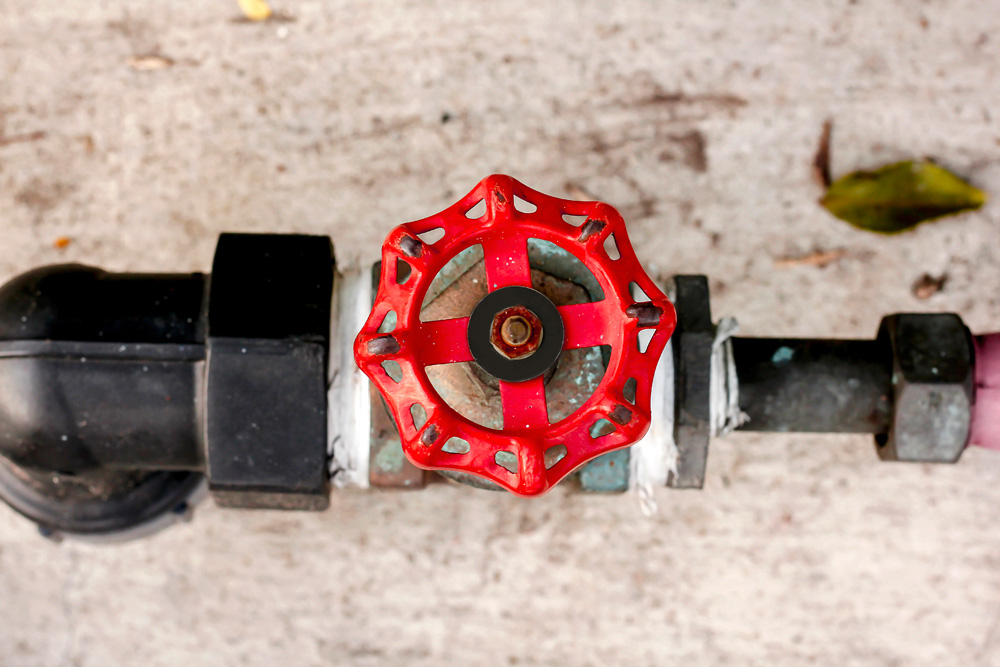
Turn Off the Water
Cottages, trailers and mobile homes all have plumbing that is very susceptible to freezing in the cold. This is especially true if there’s nobody there to run the water. When water freezes in the pipes, it expands and can cause the pipes to crack or burst. So, the first thing to do to winterize these living spaces is to turn off the main water valve, the water pump and the water heater.
Related: How to Protect Outdoor Plants and Trees From Frost and Freeze
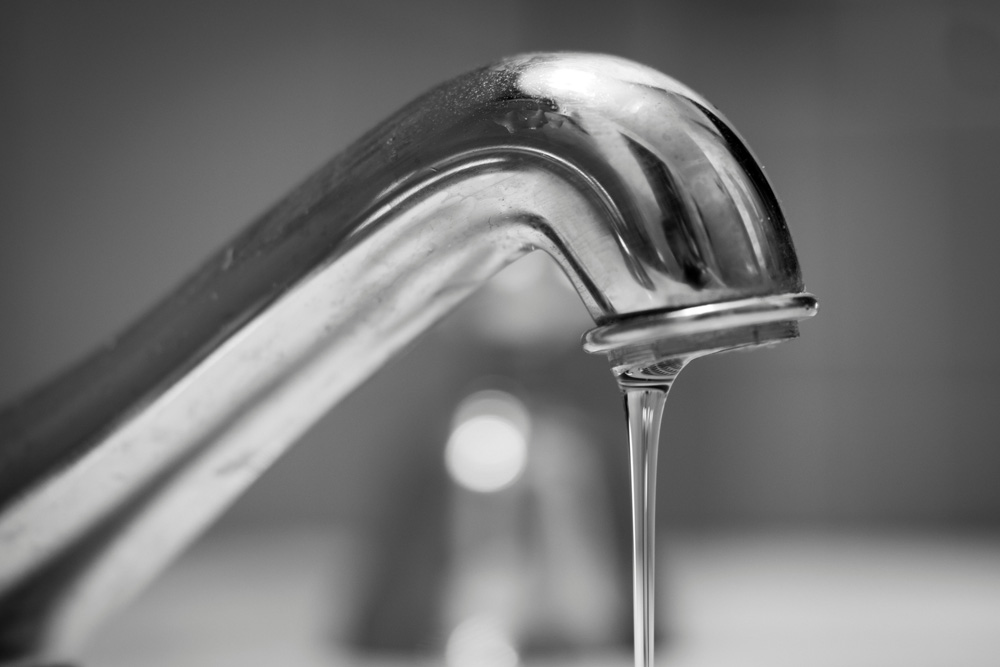
Drain All Pipes
Once you’ve turned off the water supply, you need to get rid of the water that’s still in the pipes. To do this, open every tap and let it run until all the water has drained out. If there isn’t a floor drain, you’ll need to attach a hose when you drain your hot water tank. You may also want to flush the toilets until the bowls are empty.
Related: Smart Ways to Maximize Your Outdoor Space in the Winter
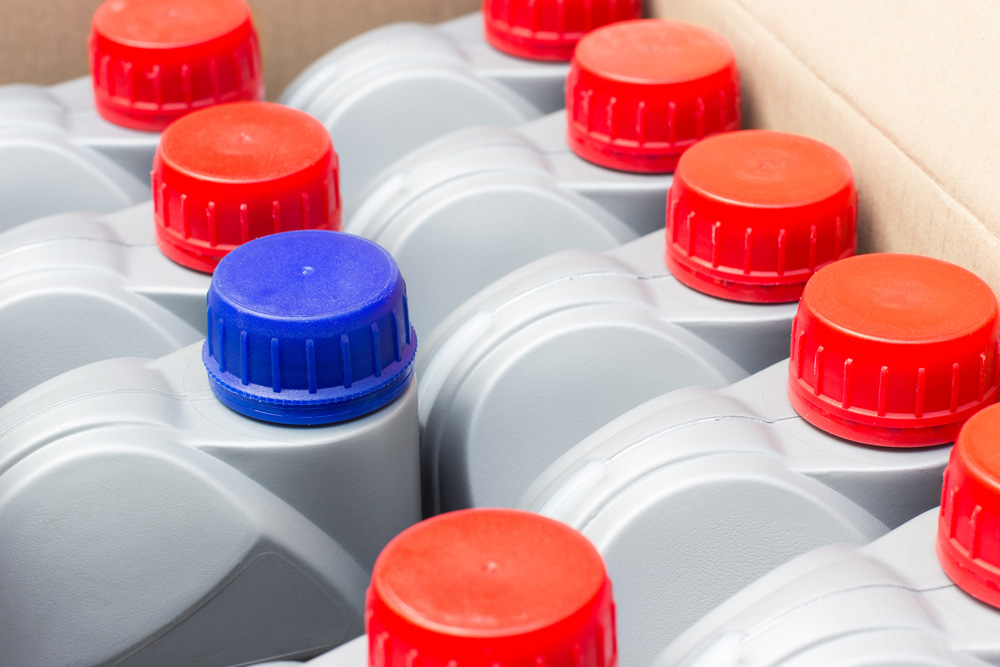
Add Antifreeze
Just in case you didn’t get every last drop of water out, it’s a good idea to add some antifreeze to your plumbing system. For instance, add it to the holding tanks, jet pump casing, toilet tanks and bowls and drains.
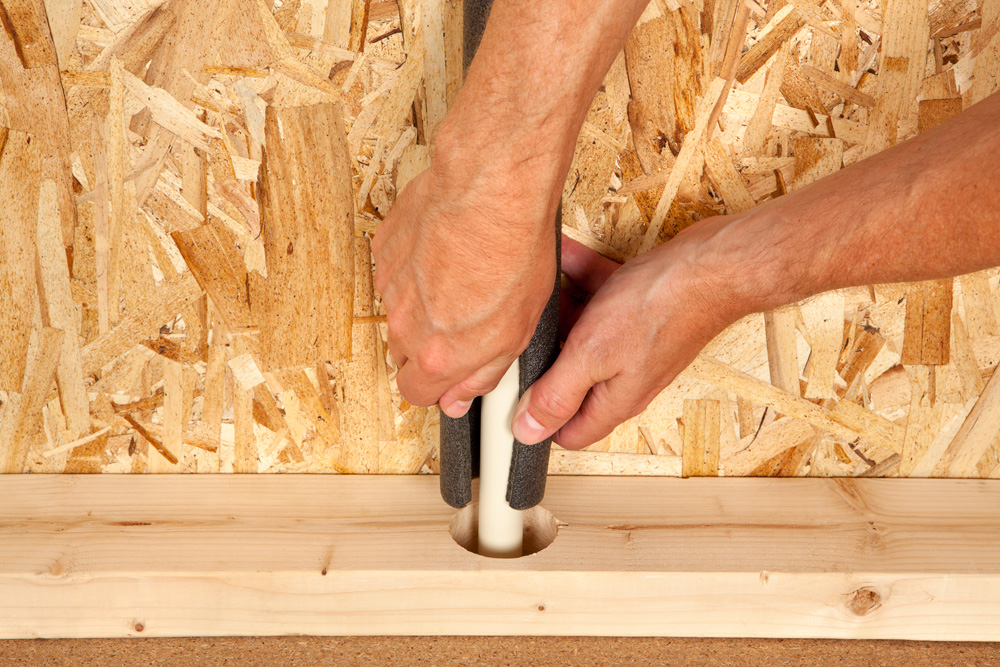
Insulate the Pipes
If you’re thinking of using your cottage, trailer or mobile home for full-time living, you don’t want to be without water in winter, so draining the pipes isn’t really an option. Instead, insulating the pipes will protect them from freezing when the water isn’t running. Put insulation sleeves, slip-on pipe insulation or insulation wrapping around the pipes and make sure everything’s properly secured. Also check that there are no gaps where cold air can enter.
Related: Mike Holmes on Insulating Your Home: How to Check Where Your House is Losing Heat
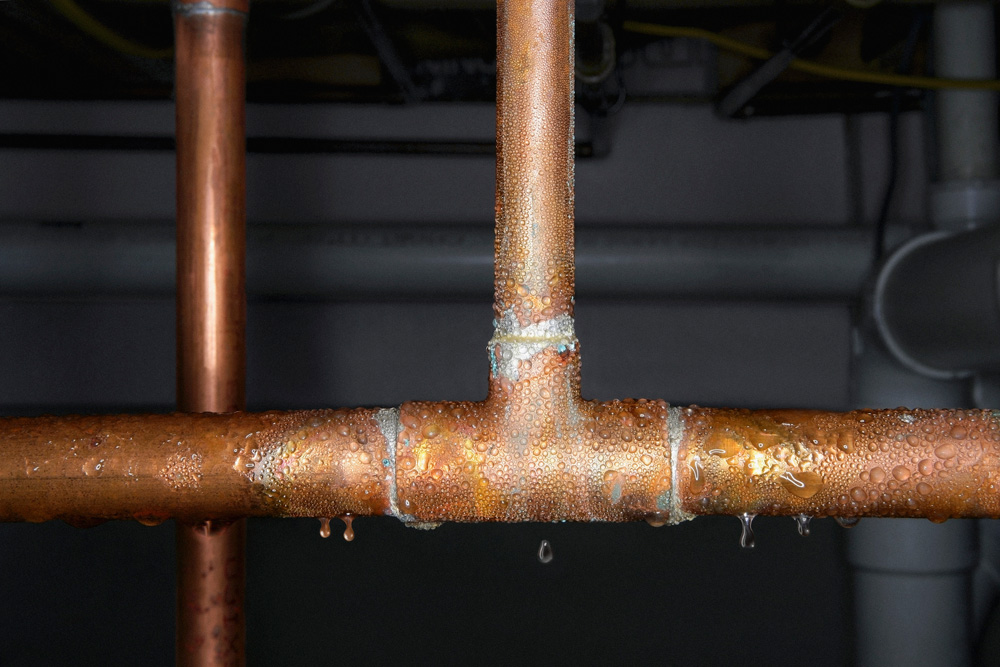
Replace Damaged Pipes
Check all the pipes for cracks and other signs of damage. Damaged pipes will need to be replaced or you may have to deal with costly water leaks. The good news is that plastic and rubber pipes are not only cheaper, but are also more freeze-resistant.
Related: Water Leaks 101: What You Need to Know to Protect Your Home
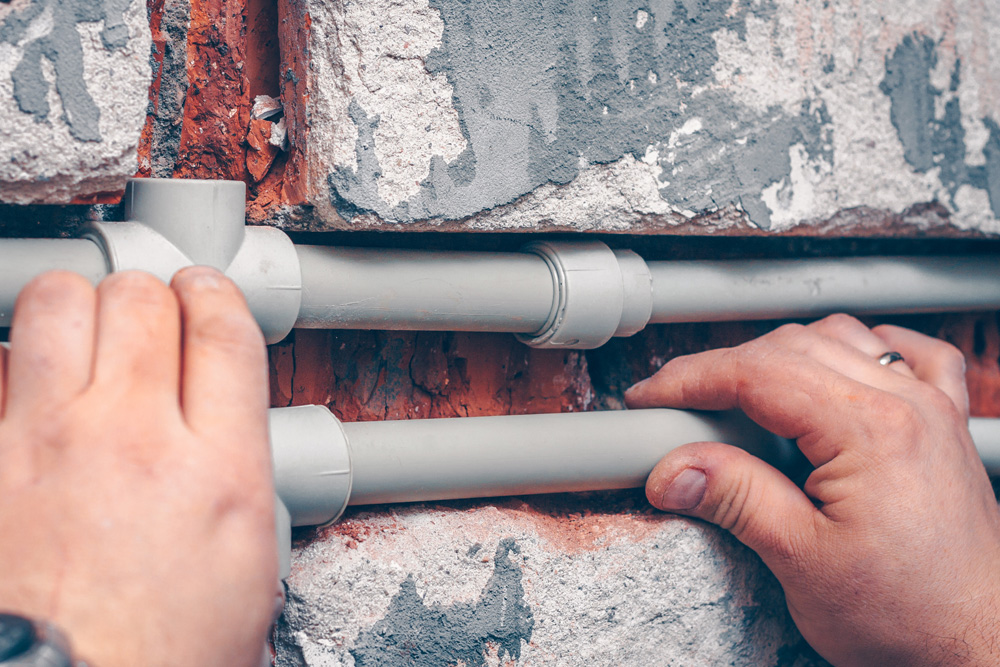
Consider Replacing Copper and Steel Pipes
Copper and steel pipes absorb the cold much more readily than plastic and rubber pipes, which means that they’re more susceptible to freezing over too. You may want to consider replacing them with the plastic or rubber kind.
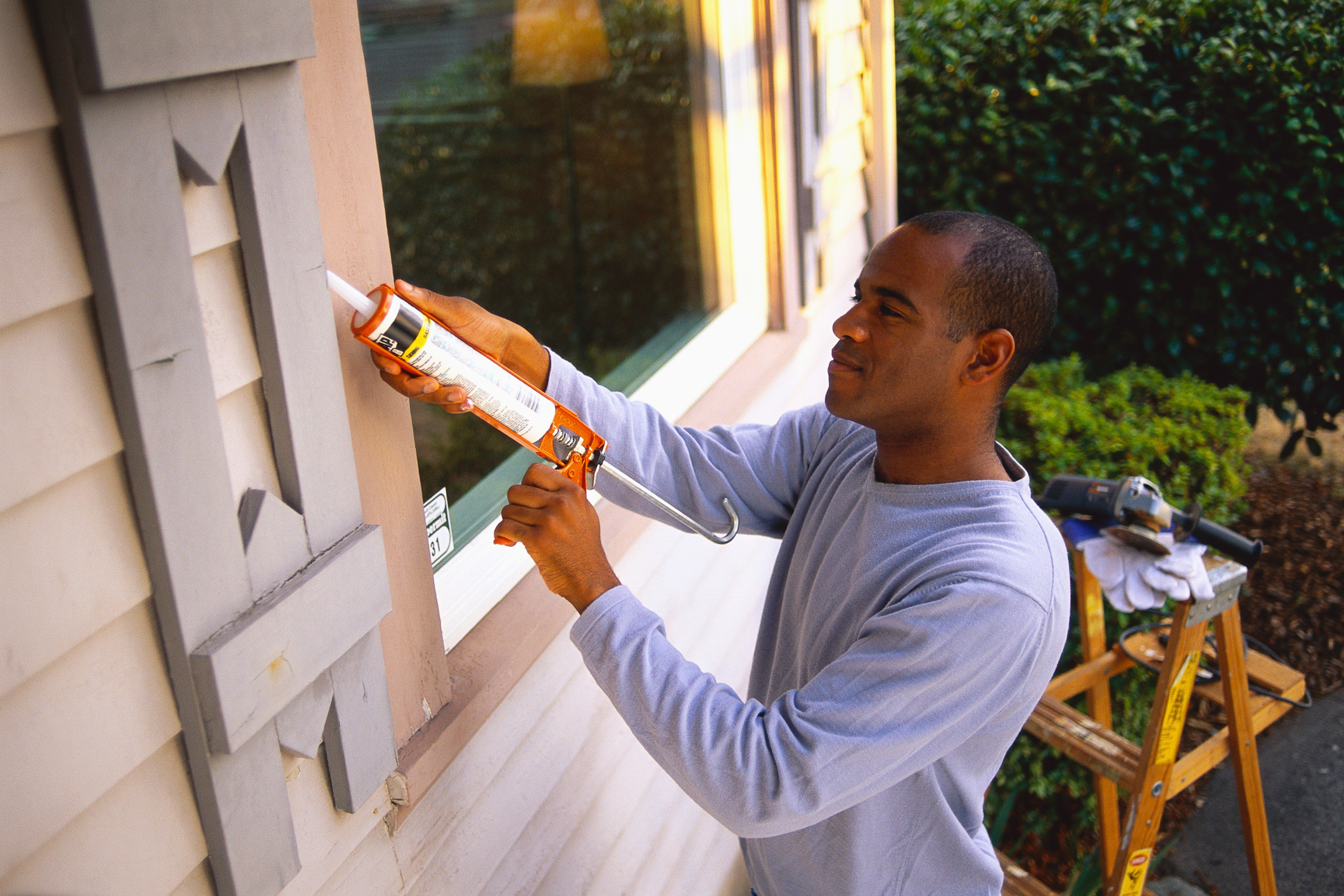
Check the Caulking and Weatherstripping
One of the three things you should do before first snowfall is to check and replace the caulking and weatherstripping around your home. This is important for a cottage, trailer or mobile home too, since it will help insulate the home and protect your pipes.
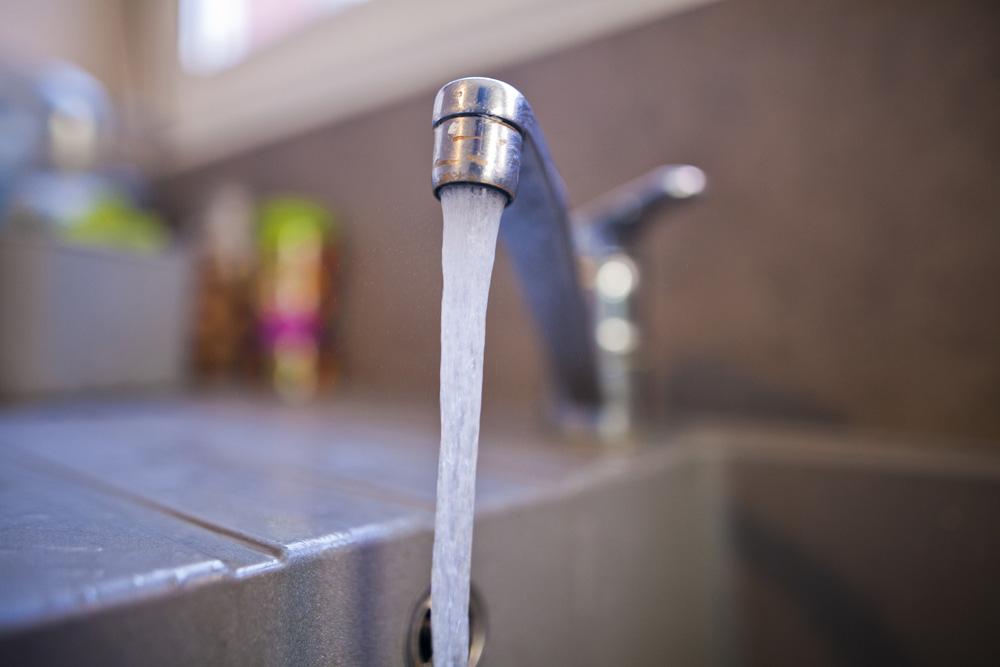
Run Water Regularly
Some people suggest that you keep a tap dripping to help prevent the pipes from freezing over, but this is obviously not one of the easy ways to save money on your water bill. If you’re spending time in your cottage, trailer or mobile home during winter, you can simply run the water regularly instead.
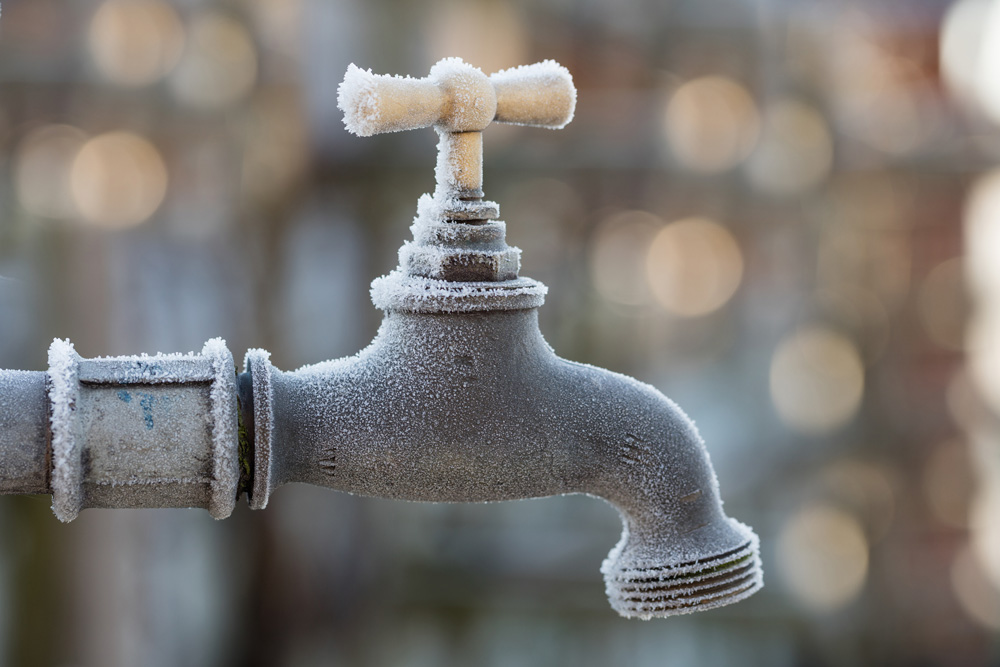
Remember the Hose Bibs
Many people forget about the hose bibs (outside faucets) – until they burst. To prevent this from happening, drain the hose bibs, cover them to insulate them and then deactivate them at the shut-off valve.
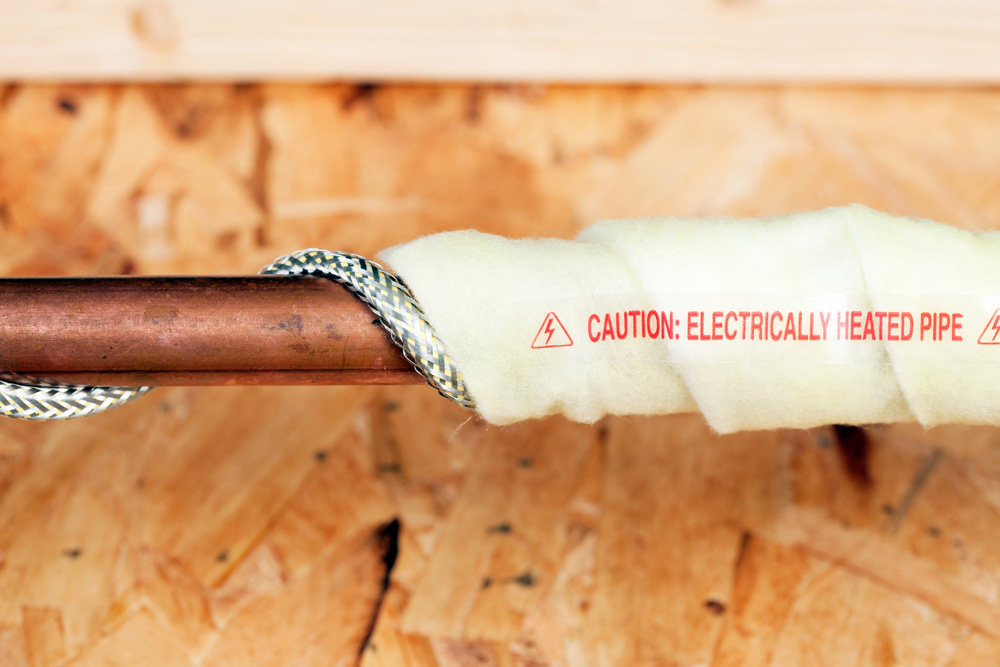
Consider Heat Tape
Heat tape is a great way to keep pipes from freezing over. However, follow all the safety guidelines when using heat tape, since they can be a fire hazard.
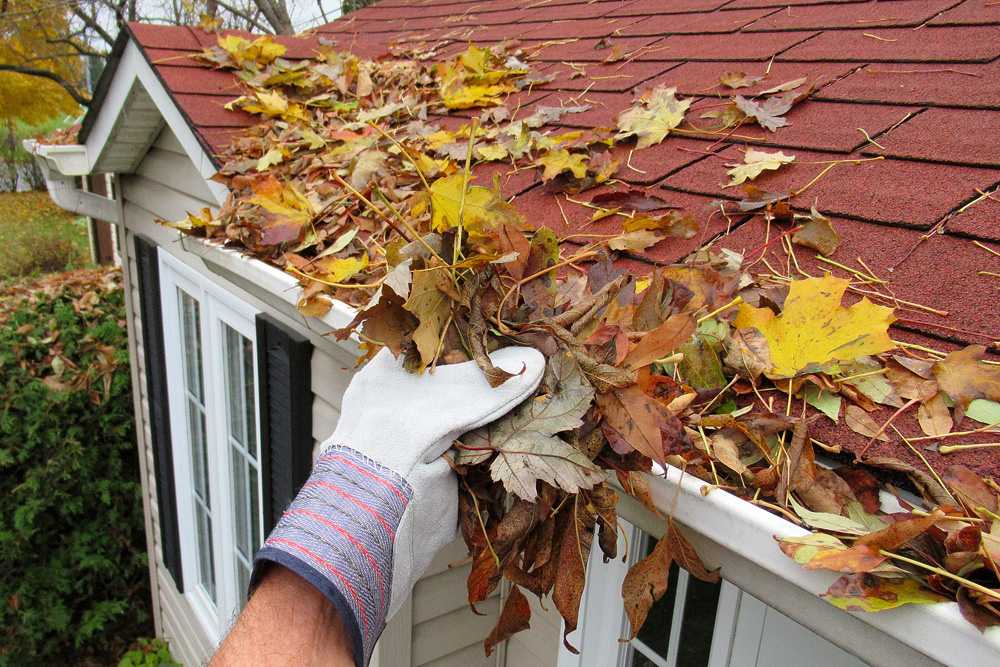
Clean the Gutters
Your cottage most likely has gutters that can get blocked. Clean out any debris that can trap water and snow. Clogged gutters are also one of the things that attract pests to your house and yard because they provide the perfect shelter for tiny critters.
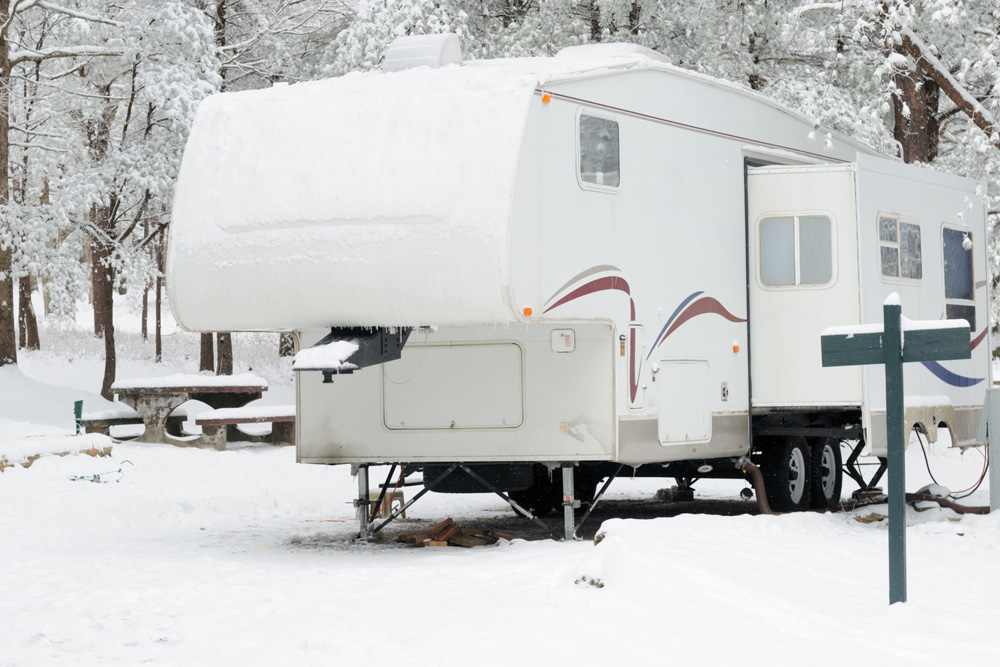
Relax the Tie Downs
When the ground freezes, it contracts and this can cause extra strain for your mobile home’s tie downs. To reduce the risk of tie downs snapping, relax them just a little bit.
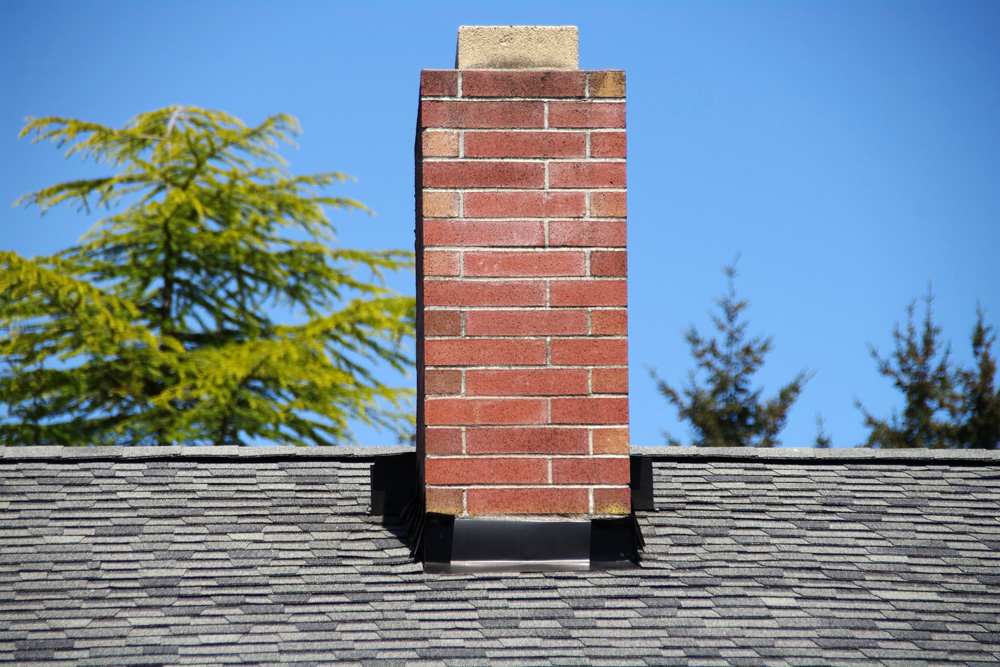
Cover the Chimneys and Stove Pipes
If you’re not going to be using your cottage or mobile home during winter, it’s wise to cover the openings to the chimneys and stove pipes. This will not only keep unwelcome creatures out, but will also prevent cold air from coming into the space.
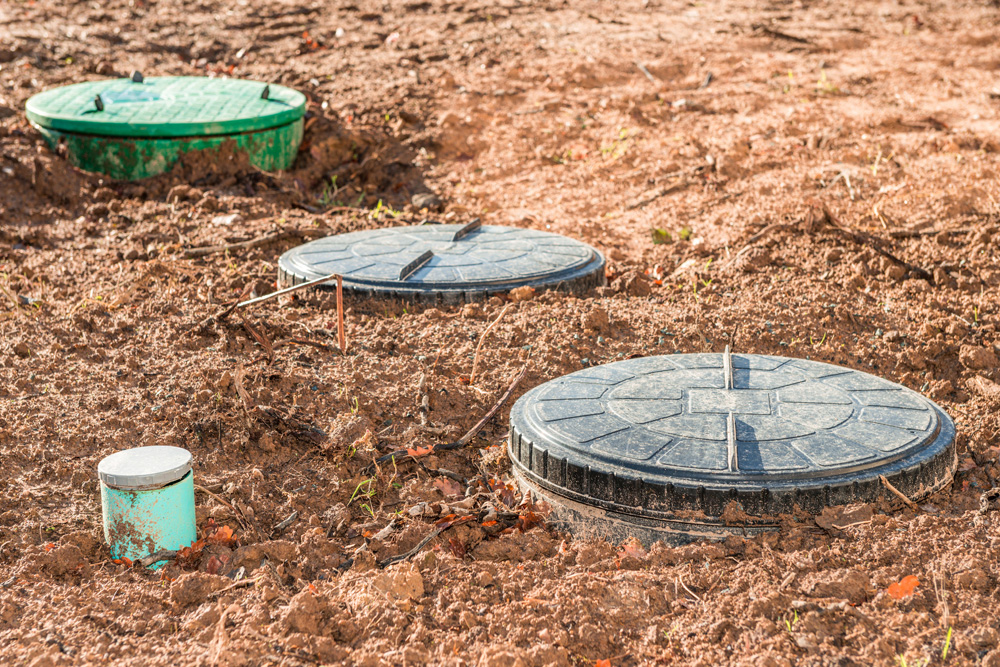
Take Care of the Septic Tank
Taking care of the septic tank is one of the things you should never forget when closing your cottage for winter. The perfect time to drain the septic tank is when you’re already winterizing the property. Alternatively, pour a bacteria compound into the system. The bacteria will do their work during winter, breaking down waste in the tank.
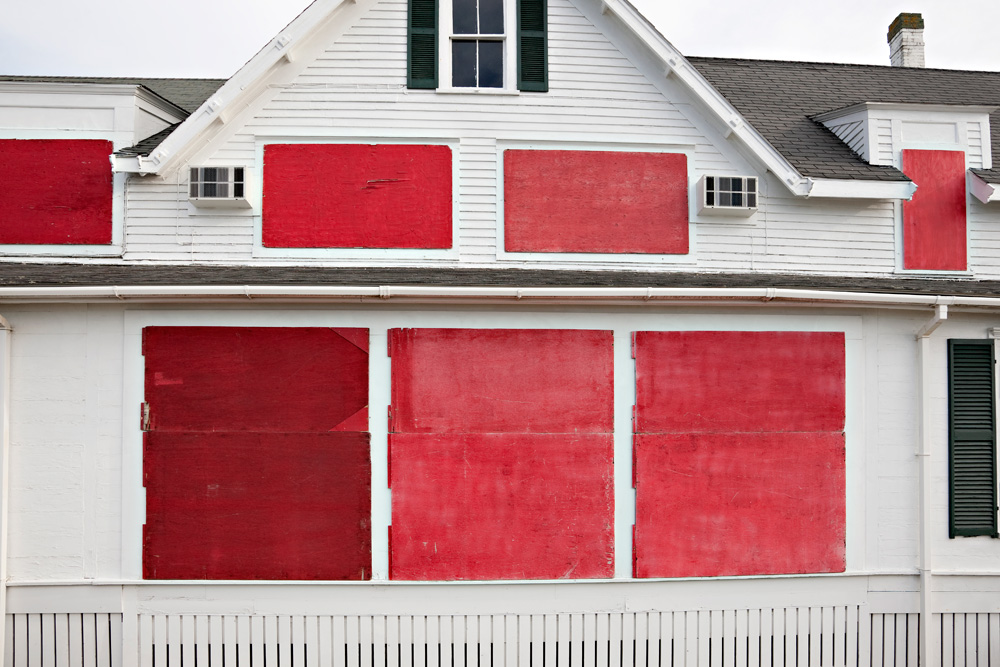
Protect the Windows
Few cottages, trailers and mobiles homes have windows that can withstand winter storms. You can have storm windows installed, but if you’re not going to be staying there for winter, a cheaper alternative is to board up the windows. This will also help keep animals out.
Related: How to Prolong the Life of Your Deck, Shed and Other Costly Outdoor Structures
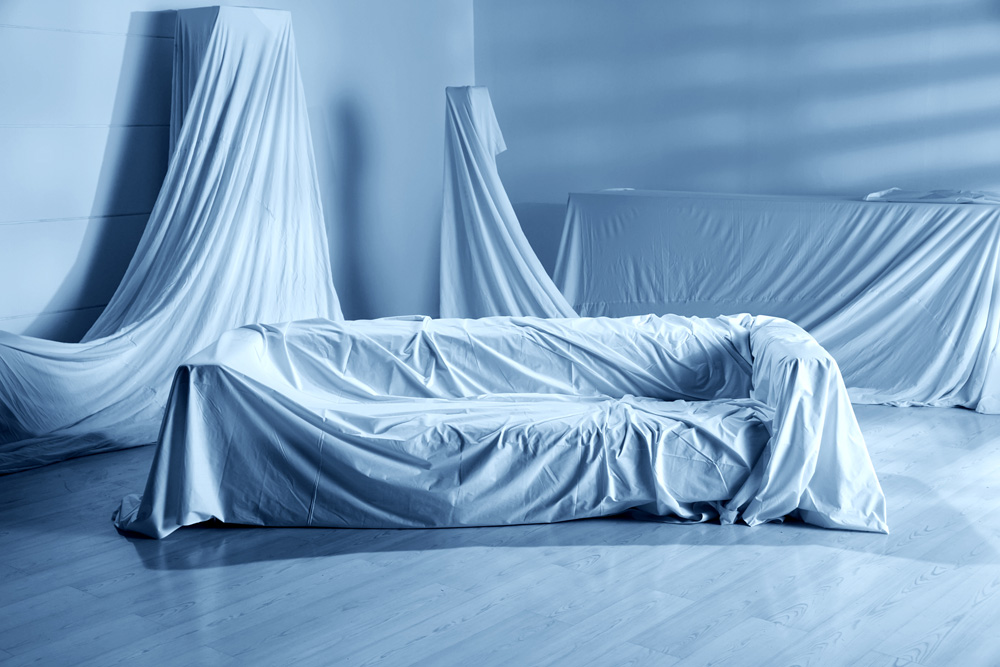
Take Care of the Soft Furnishings
Soft furnishings like mattresses and couch cushions can collect dust and become a breeding ground for mould and mildew when they’re not being used. Remove all blankets, bedding and clothes and wash them. You may also want to take them with you rather than leaving them behind in your vacation space. Prop your mattresses and cushions up against the walls for better airflow. You can also cover them with sheets to protect them against dust.
Related: Laundry Room Ideas That Are Beyond Stylish (And Super Functional)
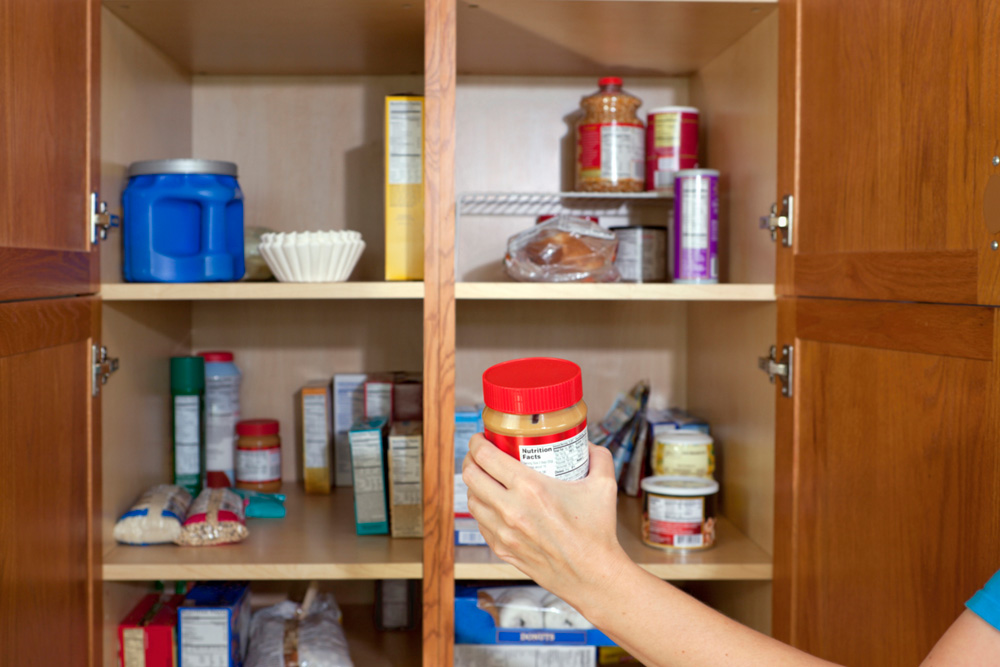
Get Rid of Food
Food left behind in a cottage, trailer or mobile home that’s not being used in winter is a sure way to attract all kinds of creatures, big and small. In addition, rotting food will leave the space smelly. Get rid of the food and while you’re at it, the trash.
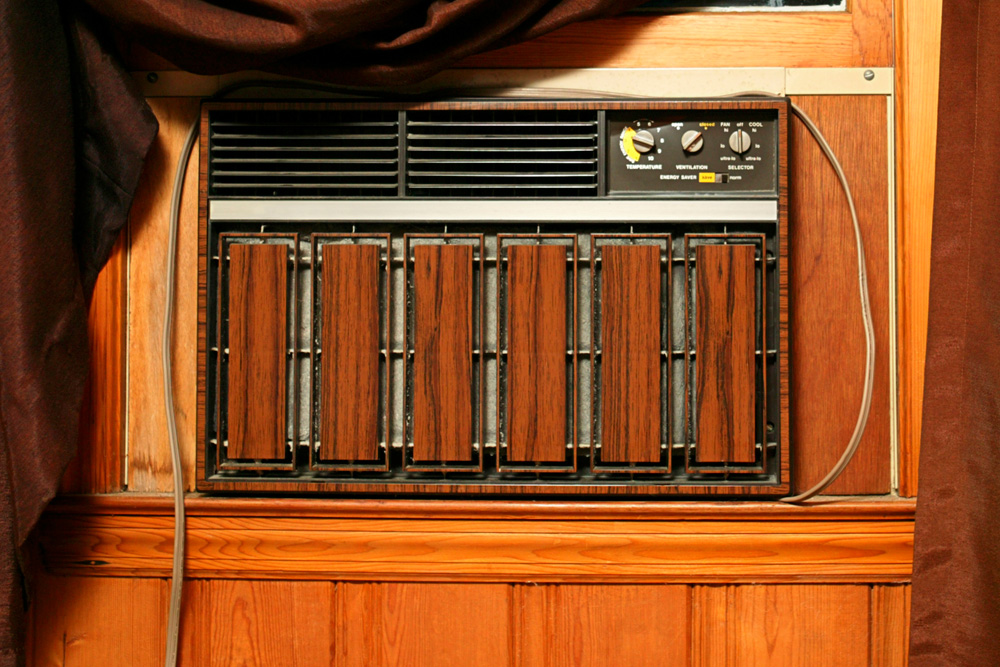
Clean the AC
Fall cleaning is more important than spring cleaning and this goes for your cottage, trailer or mobile home too. One of the most important things to take care of is your AC because those vents can provide a place for rodents and insects to thrive during the cold months. As you’re cleaning your vacation space for winter, clean out the vents. Then remove the AC filters and clean or replace them.
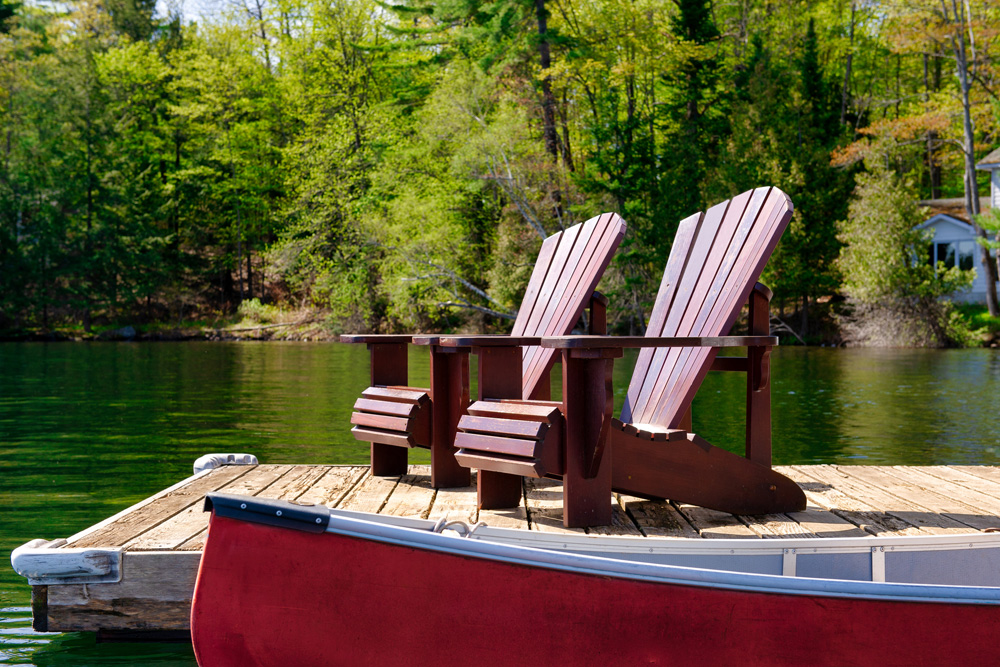
Bring in the Outdoor Furniture and Watercraft
Winter weather can damage your outdoor furniture and watercraft like canoes and kayaks. Also, strong winter winds can blow them away or even blow them right into your cottage, trailer or mobile home, causing damage. If you can’t store your outdoor furniture and watercraft in a shed or other indoor space, chain them securely to a tree or pole. Remember to drain the watercraft of all water first.
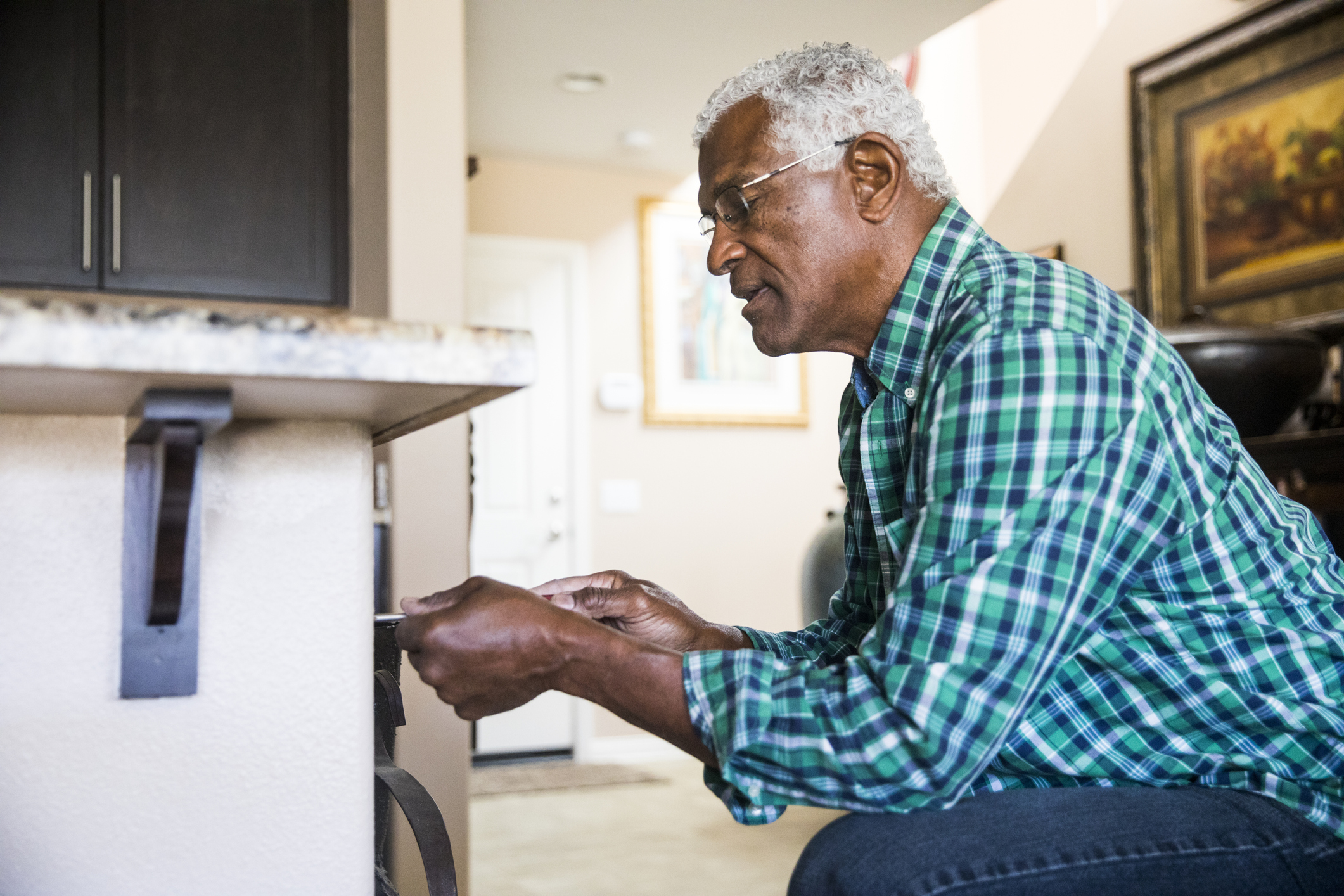
Switch Off and Unplug Appliances
Appliances that remain switched on but unattended not only drive up your hydro bill, but can pose a fire risk. Before leaving your vacation property for winter, switch off and unplug all those appliances. Also remember to disconnect the gas.
Related: How Long Household Appliances Last: When You Should Toss or Fix
HGTV your inbox.
By clicking "SIGN UP” you agree to receive emails from HGTV and accept Corus' Terms of Use and Corus' Privacy Policy.





